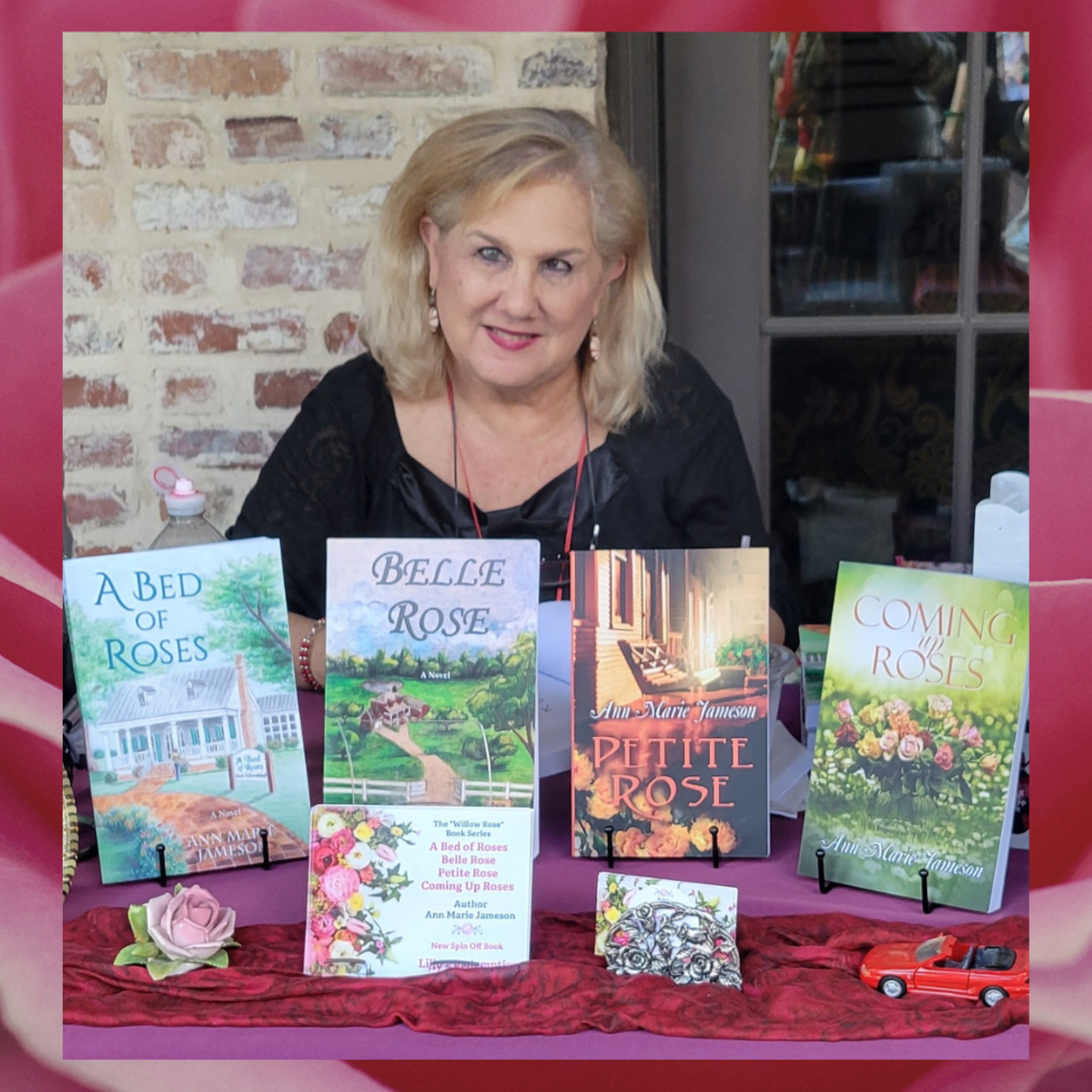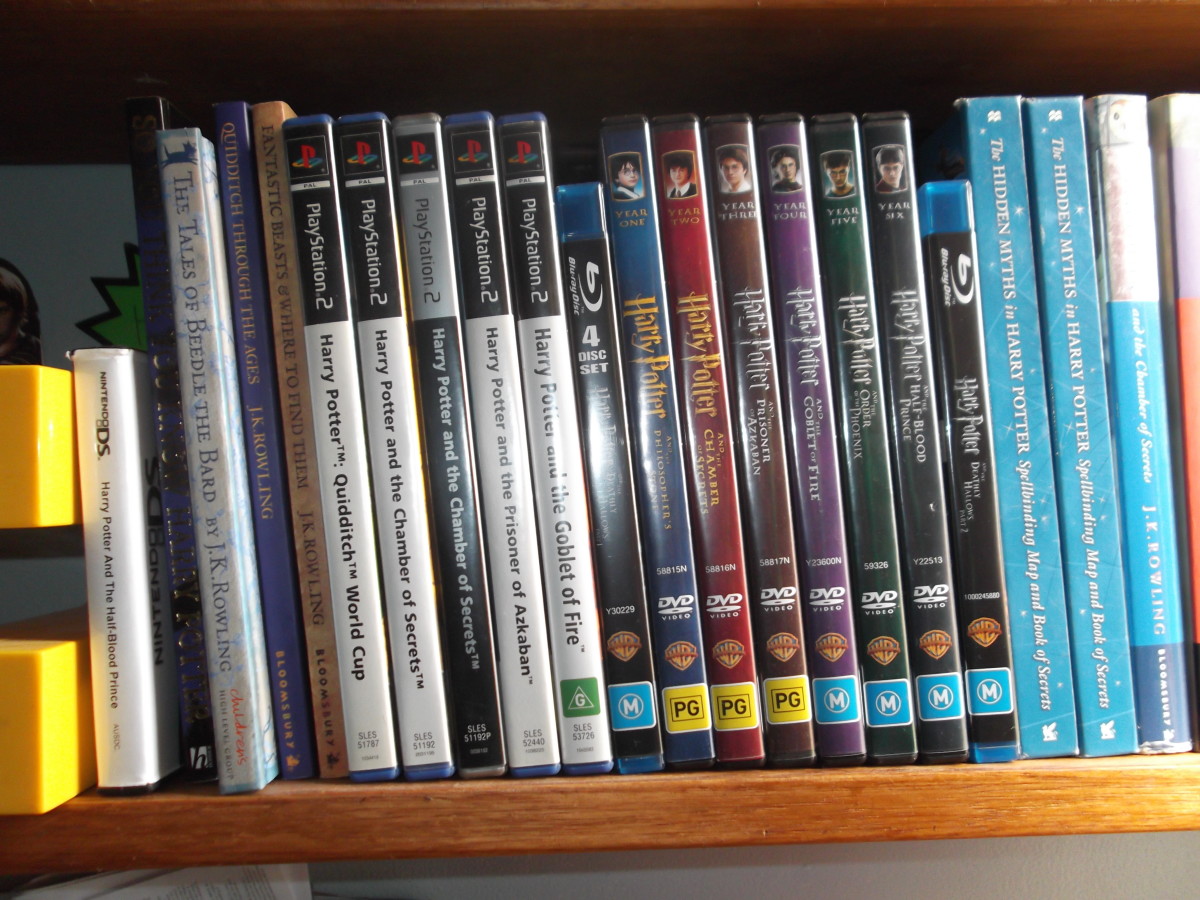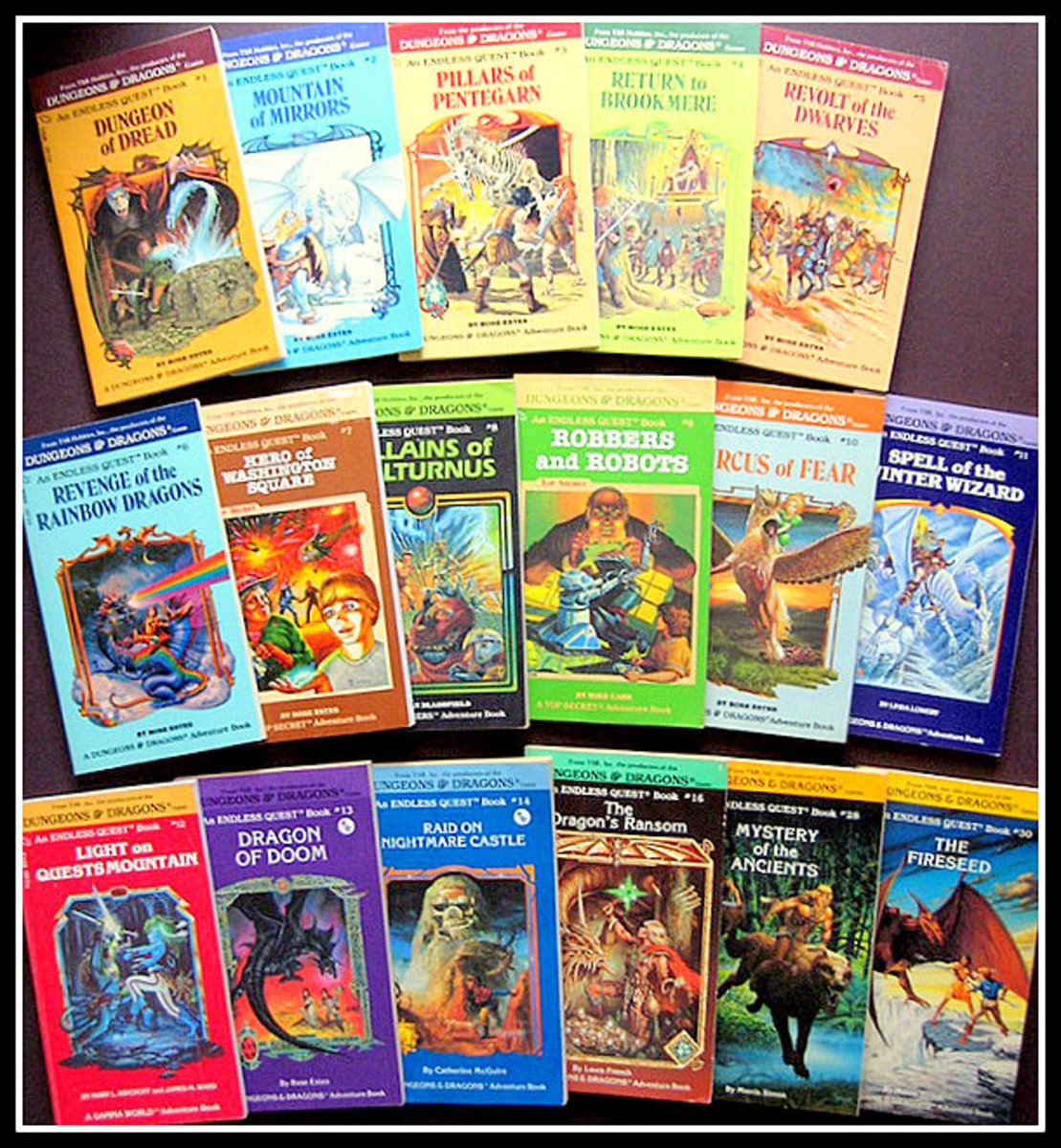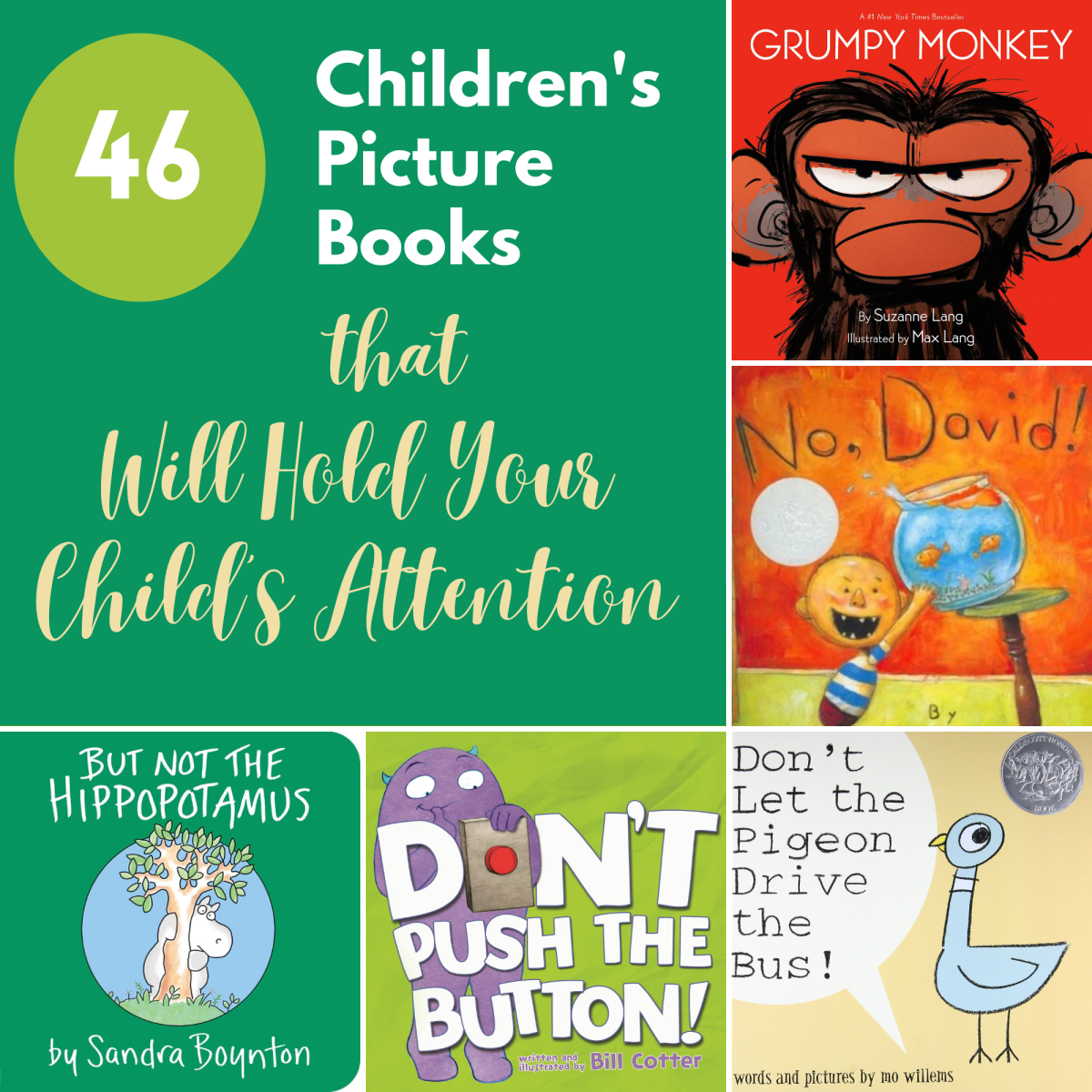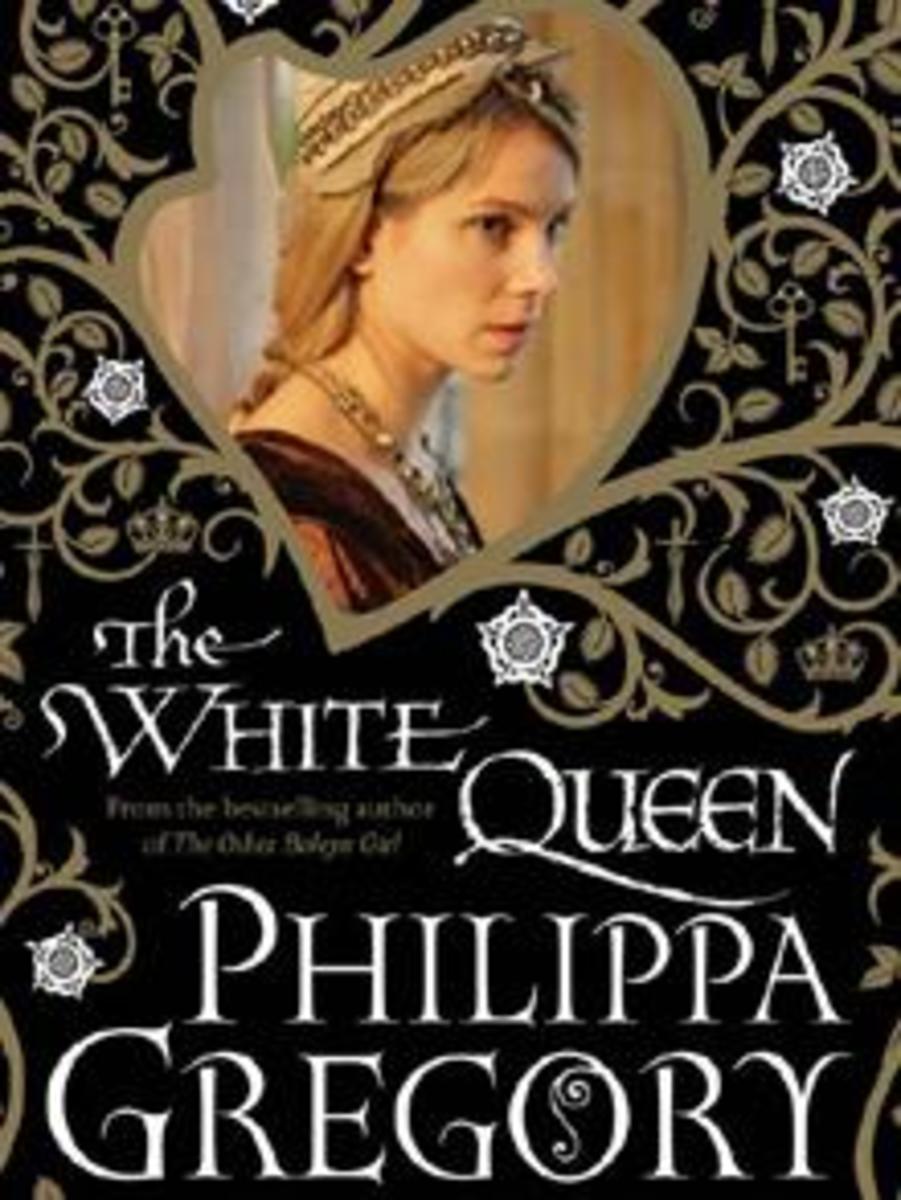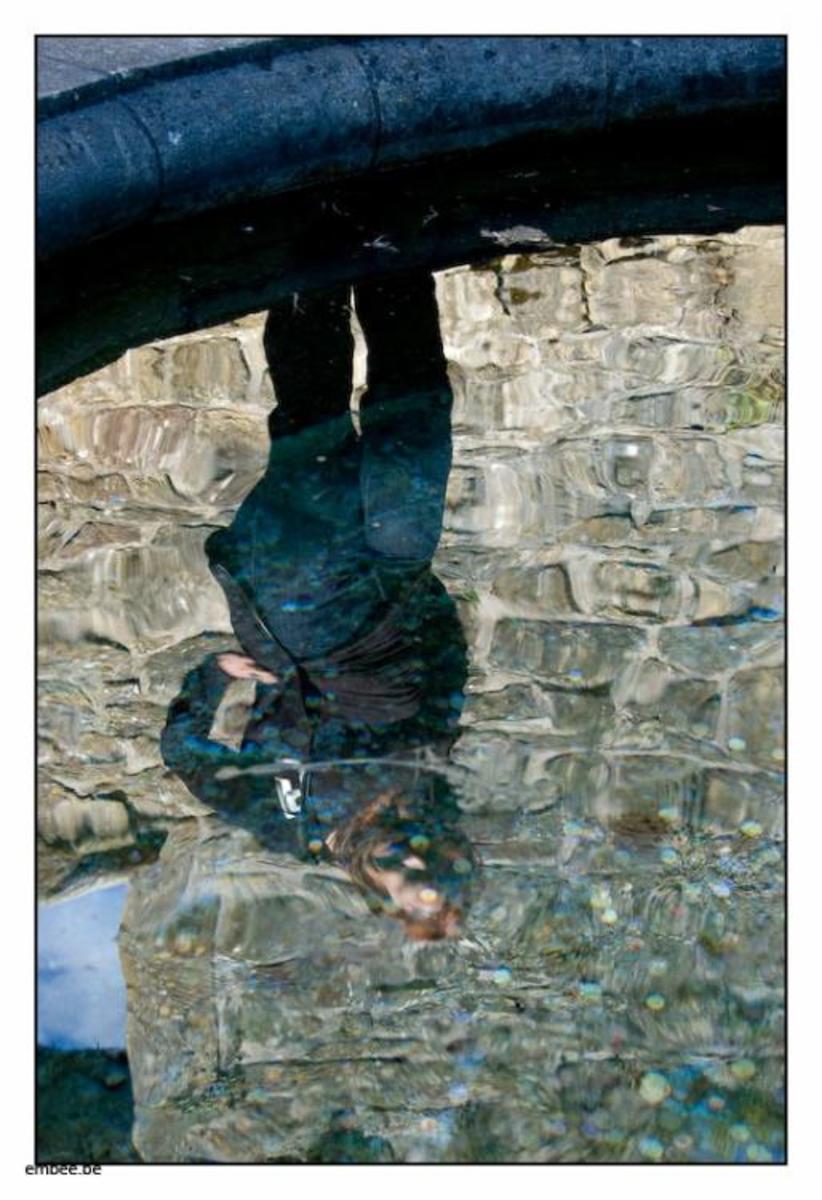Three Fictional Stories I Recently Read on WWII
I am not very good at book reviews, or film reviews either, or reviews of any kind. Lack of practise really. But this is exactly the right reason for using a hub as a book review, yes? I think it will be a little messy, but let us see how I get on.
Recently I read three books, written from very different perspectives, on World War II. All were works of fiction, but had a basis in real life events. Two of the books, Milkweed by Jerry Spinelli, and The Boy in the Striped Pyjamas by John Boyne, are children's books (although they can be found in the adult fiction section also). Alone in Berlin by Hans Fallada is written for adults. All three of the books are very important texts, as far as I am concerned, and I have placed them on my own personal List of Books to Read Before You Die. Each book looks at the war from a different angle, and each one asked me to look at the stories of victims that I had never considered before. I cannot think of a character that I met who was not a victim of some sort, even those who seemed to be the perpetrators of inhumanity.
I have always had a fascination with both world wars, but particularly with WWII, mainly because of the swathes of information on the human aspect, the suffering, the extraordinary experiences, the real memories told by genuine survivors, the Blitz spirit and the comradeship. Perhaps some of my fascination comes from hearing my grandparents talking about rationing and about the first time they saw a banana. There are many humorous stories about the war, and through these I have always known that it's acceptable to laugh in the face of fear. I have also been aware of less well-documented stories, the persecution of people who were not Jews, but I am ashamed to say that I never managed to get around to finding out more about them. My grandmother's father was an Italian immigrant to Britain in the 1920s, and was sent to an internment camp on the Isle of Man for some time in 1939. My grandma has written an account of when he was taken in the middle of the night, and the piece is very moving. Really, if I had had anything about me as a youngster I would have found out more about my family's history, and in turn about other silent struggles throughout this extraordinary period. I am trying to make up for that now.
The books I wanted to talk about all deeply reflect the attitude of quiet resistance that seemed to smoulder away in the hearts of so many of the oppressed peoples around the years 1939-1945. Of course, the suffering and treatment of the Jews is fairly well documented, though doubtless we will never know everything there is to know. Milkweed tells the story of a young boy with no name, who finds himself swept into the Jewish ghetto in Berlin. Immediately we fear for the boy, for very few readers will be unaware of the fate of so many of those who were ghettoised during this war. The book keeps up a relentlessly fast pace, which reflects the way the boy, by necessity, has to live - minute by minute. We are constantly in a state of anxiety, as the boy escapes death time and time again, while those around him fall. Spinelli purposely leaves the boy with no definite history, and even deprives him of a name, which serves to highlight the importance of identity at this time. Identity could mean the difference between life and death. But the boy's story is almost a happy one in a similar way to Life is Beautiful. The boy, who eventually gives himself the name of Misha, is a naive soul who seems blissfully unaware of the war that is being waged around him. He starts to become wiser and thus more cautious towards the end of the book when he has a friend to protect. But though we see the ghetto through Misha's experiences, as adults we are not able to view it with his ignorance. As an older reader with the benefit of a little education, we always know more than Misha. We always understand the greater and more sinister implications of the scene he is describing to us, especially when he finds a situation humorous that we know to be deeply disturbing. But it is his lack of fear that allows us to get close to these scenes and to view them more vividly than if he were spending all of his time in hiding. The book is uplifting, in a way that such stories often are, in that they remind us to be thankful for being alive and for not living through such horrors ourselves. But it is also a book that would perhaps not be appropriate for very young readers. It will raise a lot of questions, and I would say that a child would need to have some knowledge of the events of the war before reading Milkweed. At the very least a parent should be prepared to answer questions about the Holocaust.
The Boy in the Striped Pyjamas follows a much slower pace, in some ways, and it is not a story of survival as such. This young boy, Bruce, nine years old, is a German, whose parents are Nazis. Bruce's father is a Commandant in the army, and he is given the responsibility of overseeing the running of Auschwitz (mispronounced as 'Out With' by Bruce, a revealing pun) by the Fuhrer (known as the 'Fury', another apt pun). One of the interesting things about this book is the strange feeling of it running at two different paces at the same time. Bruce is bored at Out With, there is no-one for him to play with, he is not allowed to explore, and the house is much smaller to him than he house in Berlin. His time in the house drags and he is constantly wondering when his family will return home, to their big house. But at the same time we are aware of a build up of tension, and of time running out. There is almost a sense of deep foreboding. And as always with historical fiction, there is a sense of hope that helps to keep up the pace too, that keeps us turning pages feverishly, the need to know if everything is alright in the end.
The Boy in the Striped Pyjamas is an excellent illustration of the cruelty inflicted during the Holocaust. The inhumanity is not shown to us in all its brutal truth, because this book is written for children. But we are shown enough so as to be in no doubt about where we are, and as to what is happening to the people on the other side of the fence who sometimes fall down and don't get up again. Bruce seems to be unaware of even the concept of death, which is why he always seems so unaffected by what he sees and hears - unless it directly affects him. When the story begins all we know is that Bruce's family are leaving their home, and that they do not know when they will return. At this point I was confused, and I assumed that Bruce was going to become the boy in the striped pyjamas. It soon becomes clear that he is not, however. But the parallel is an interesting one. Shmuel is the boy who wears the pyjamas, and he has also been forced to leave his home, but for him the implications of this displacement are much more serious and well understood. As a reader, we know what Shmuel faces. For Bruce, it is less clear, as he is not a Jew. There is some criticism of how Bruce's character is drawn, and some critics suggest that Bruce is in no way a believable character. Ed Wright, writing on www.theage.com.au in 2006, said that 'given his father's rank, it's highly likely Bruno would have been a brainwashed acolyte of the Hitler Youth.' But I think that if that kind of character had been the one to carry the story we would not have been able to find sympathy for him, and we would have been prevented from gaining access to some of the insights that came to Bruce (or came to us, through Bruce). As young children it is possible for these characters to be placed in situations in which they might say the wrong thing, when they will be put at risk unwittingly because of their ignorance, and thus be able illustrate the tension and terror without actually feeling it themselves. They cause the tension, but we see it manifested in
Bruce has some kindness, but it's very different to that of Misha. Bruce wants to help his friend, but he is essentially just an egocentric boy who has been used to a little spoiling, and we cannot blame him for his ignorance. Bruce intends to share a slice of cake with Shmuel, whom he knows to be very hungry, but he does not manage to resist the temptation to eat the cake himself. Bruce is unable to make the connection between Shmuel's emaciated form and Shmuel's suffering. In fact, he says several times that he is jealous of Shmuel, and in such ways his ignorance can be cruel, though of course he does not intend for it to be. Misha has none of that selfishness. I smiled frequently at some of the episodes in Milkweed, and at some of the things that Misha said in his innocence. The book was often humorous, and often heart-warming, with acts of kindness and selflessness on almost every page. Misha escapes many times because someone hides him or shows him a way out. In a world where one might expect every man to be for himself - and often he is in this story - when someone has almost nothing, they are still able to share it to raise the smallest of smiles from a friend (or a stranger).
These two books are almost opposites in many ways. Milkweed is the more heartwarming, despite the relentless danger Misha faces, and I closed this book with a smile. The Boy in Striped Pyjamas leaves the reader with a sense of horror, and a deep feeling of regret about the futility of war. Both stories opened my eyes.
Alone in Berlin is an epic book. It is a long and complicated story, intertwining the lives of several characters on both sides of the Nazi Party. Each person's life and choices impact on the others' in unexpected ways, and although some of the characters seem inherently evil we cannot help but feel sympathy of each one. Each character in the story is compelled to do what they do, either by their own conscience, or by fear, or by their superiors (who themselves have people to answer to).
This book is really beyond my skills of reviewing because I am not intelligent enough to pick up on all of the subtleties of character and plot. But I still wanted to mention it because it is a book that I think everyone should read. It provides a detailed sketch of a cross-section of German society in the early 1940s, and challenges our beliefs of how things were in Berlin (when I say 'our' I mean people from countries that fought against Nazi Germany). There was a strong undercurrent of fear and suspicion, so this book reveals. And life in Germany, for ordinary Germans trying to go about their lives without attracting attention to themselves, was arguably as unbearable and dangerous as it was for Jews. Germans could be put into concentration camps, or executed for not complying with ever-changing Party rules.
Alone in Berlin is the story of several people who were exactly that - alone. It is a story of survival, it is a story of hope, as Milkweed is, and we keep tight hold of that hope until the very end. Unlike my first two books, Alone in Berlin is not at all appropriate for children. Violence is depicted honestly and brutally, and I would imagine that even these descriptions hold something back. An unbroken thread of fear runs through all 576 pages. Sometimes we are lulled into false senses of security and we might imagine that one of our characters is safe, until the actions of another puts them back under suspicion. The main plot involves an aging couple, the Quangels, an industrious pair who have never made a suggestion of putting a foot out of line, and have never questioned the role and importance of the Party in Germany and in their lives. Their son is killed in action, and this has the effect of making them question the Party. They launch themselves into a quiet and steady, though perilous plan of resistance, involving the writing of postcards, which they drop in the stairwells of office buildings to be found by passersby. The postcards contain warnings, and suggestions of how to slow Germany's progress in the war. The Quangels are in no doubt that their postcards are being circulated and that they are making a valuable contribution.
My main thoughts after reading this book ran along the lines of, 'I had no idea it was like that'. I was glad that I had taken the time to read it, to find out that ordinary Germans were as much victims of Nazism as any other race or nation. I had, of course, always known that Germany in WWII was full of innnocent people. But it had never occurred to me that these people might have been subject to any of the inhuman treatments that had been used in the concentration camps, or even that any German might have been placed into such a camp. I have no idea how many Germans were executed in Germany by Germans, but this book suggest that the number is staggering.
I have two more books that I am hoping to read soon, and they are The Book Thief and Goodnight Mister Tom. I found that I couldn't quite bring myself to move onto them right after Alone in Berlin as I needed something to cheer myself up. The three books I have talked about deserve your attention, if you have not read them already. But they are perhaps Summer reads, when you can go outside after reading and enjoy some fresh air and liberty. They do make a person glad to be alive, but they also leave that person with a sadness for a while that was perhaps not there before.


